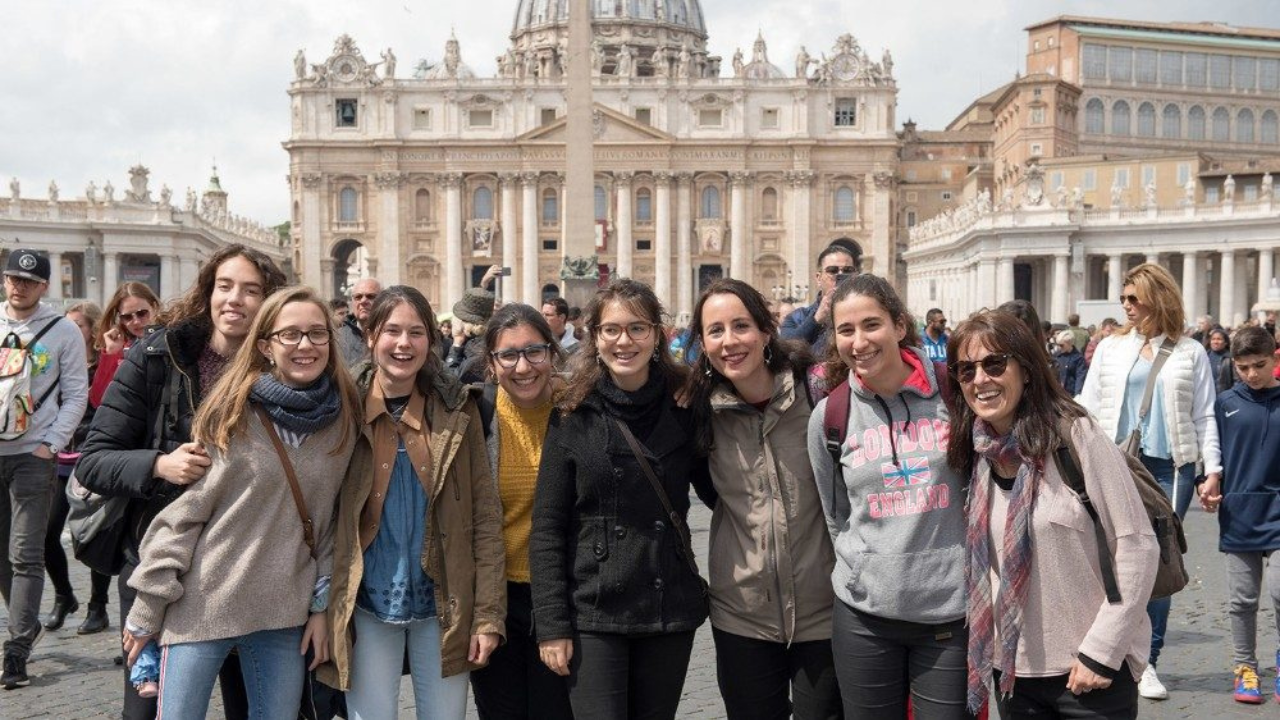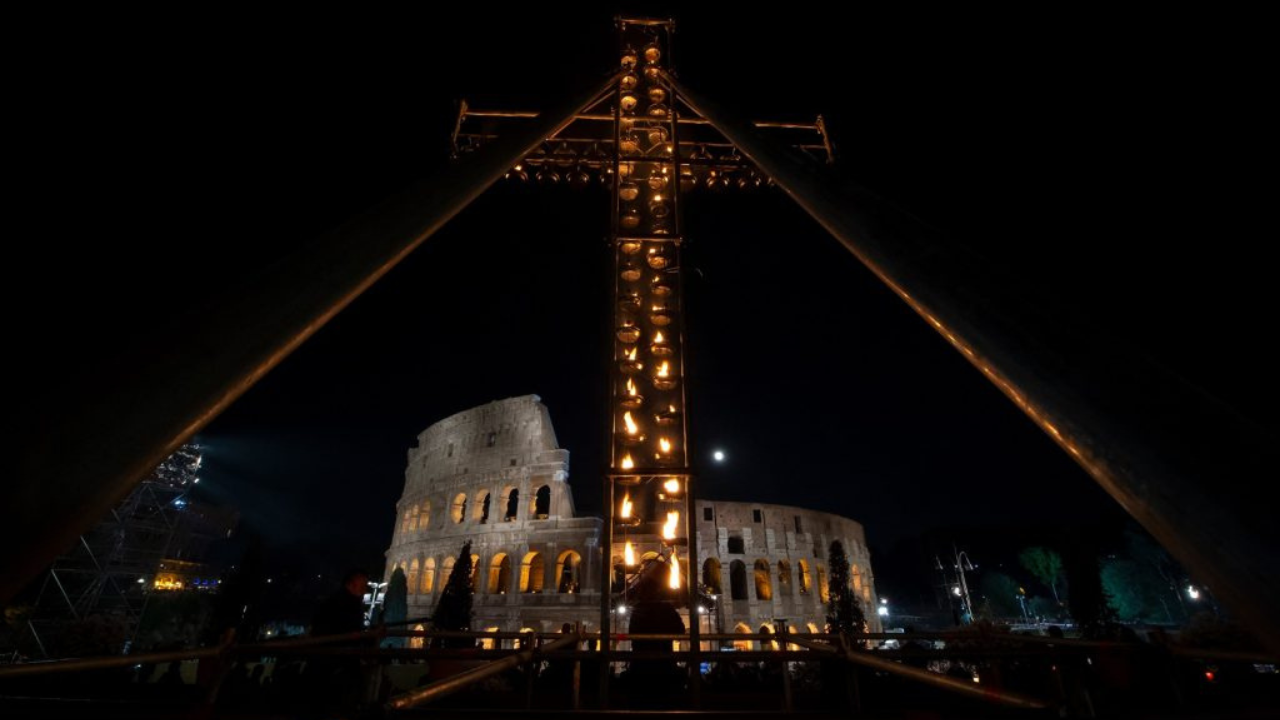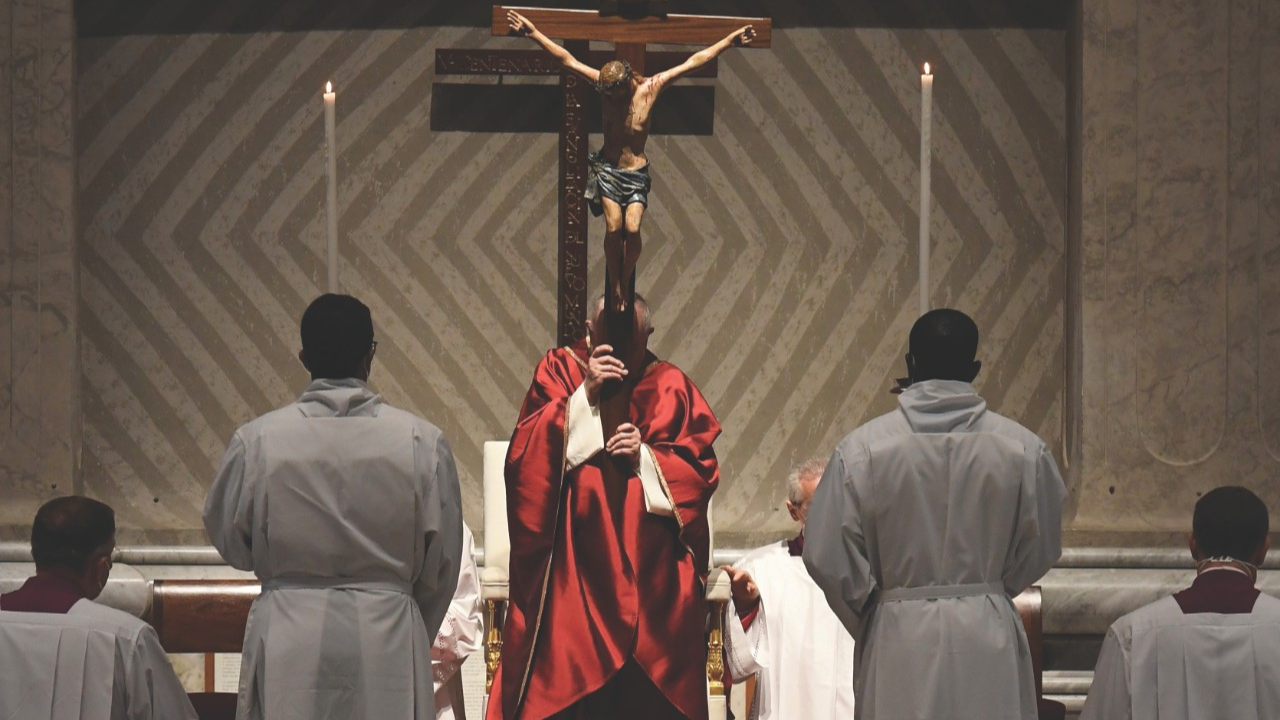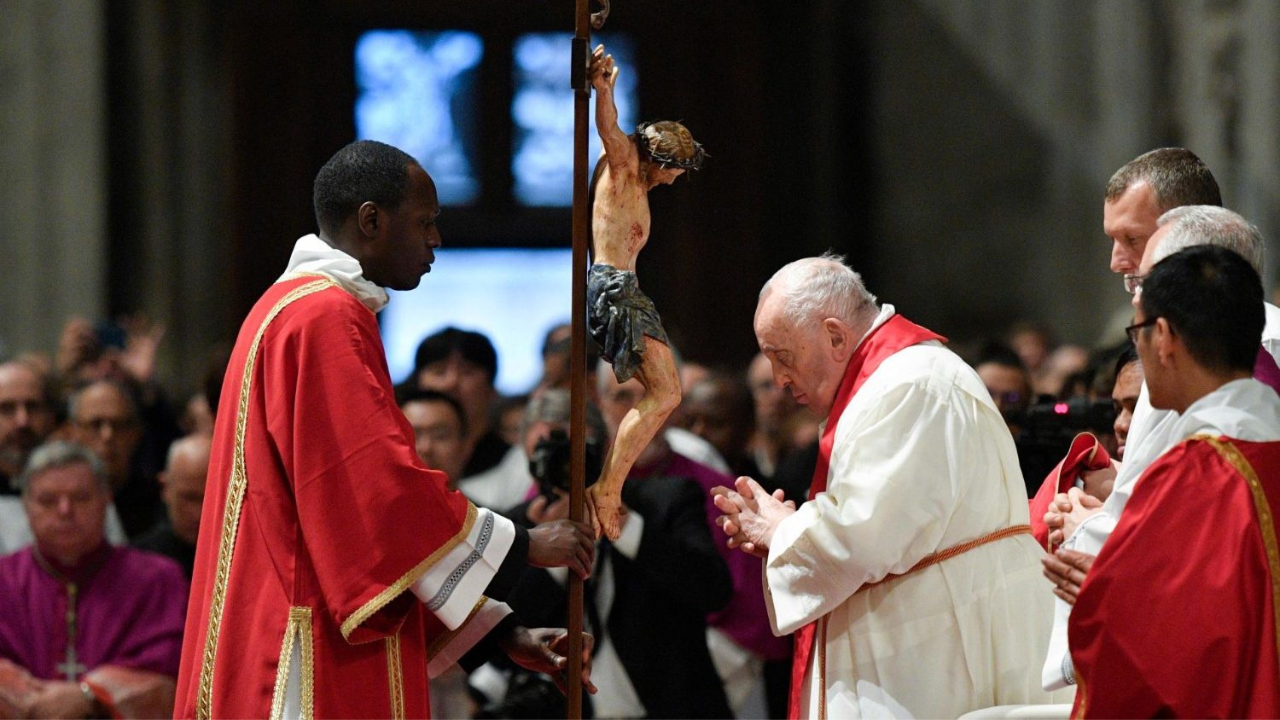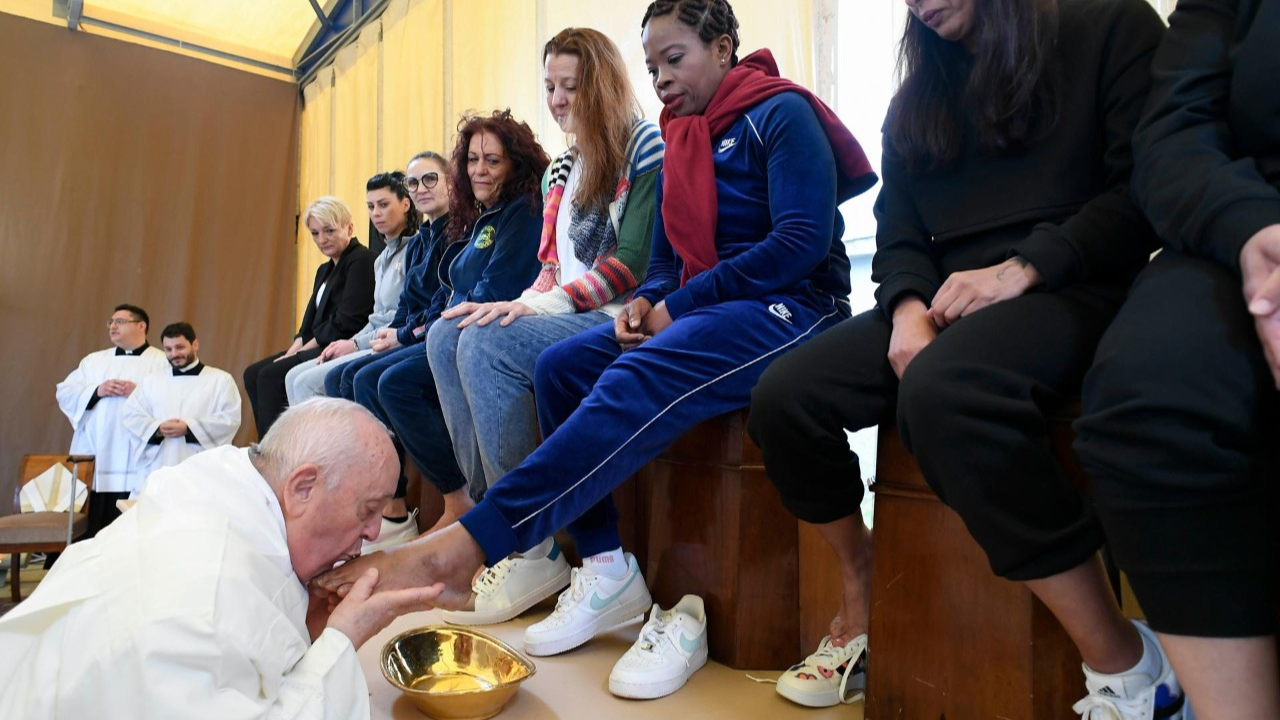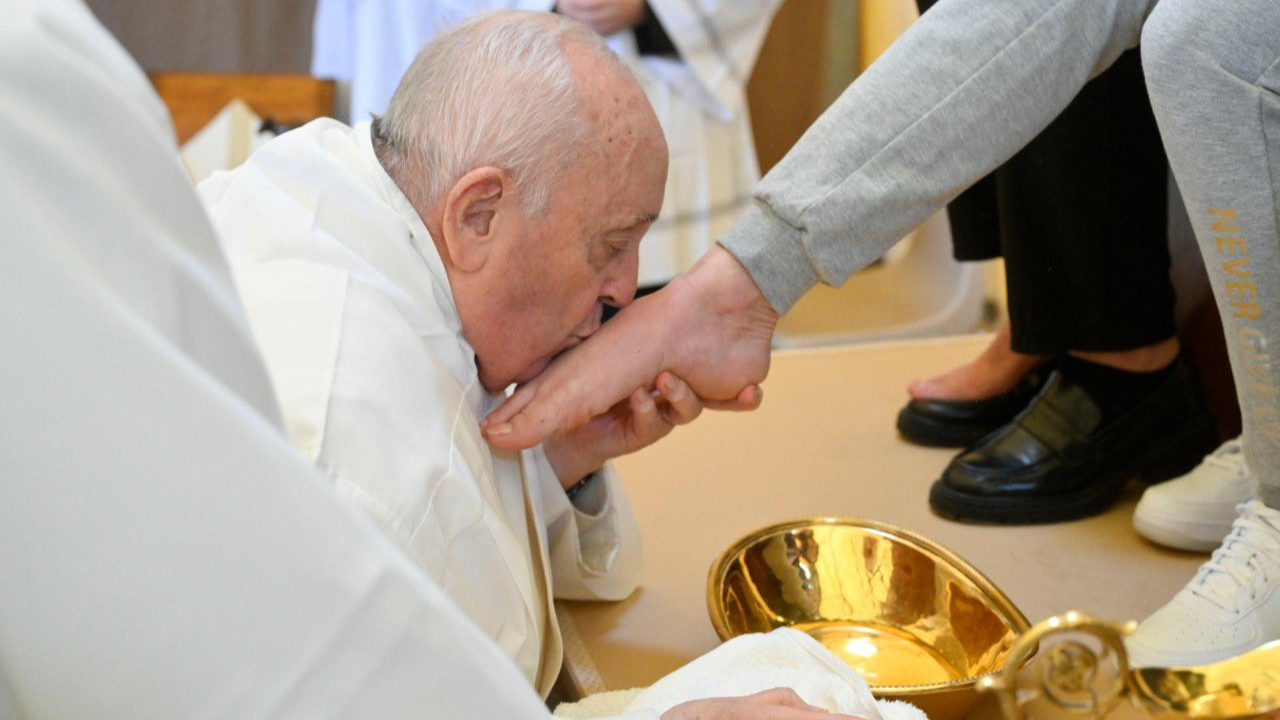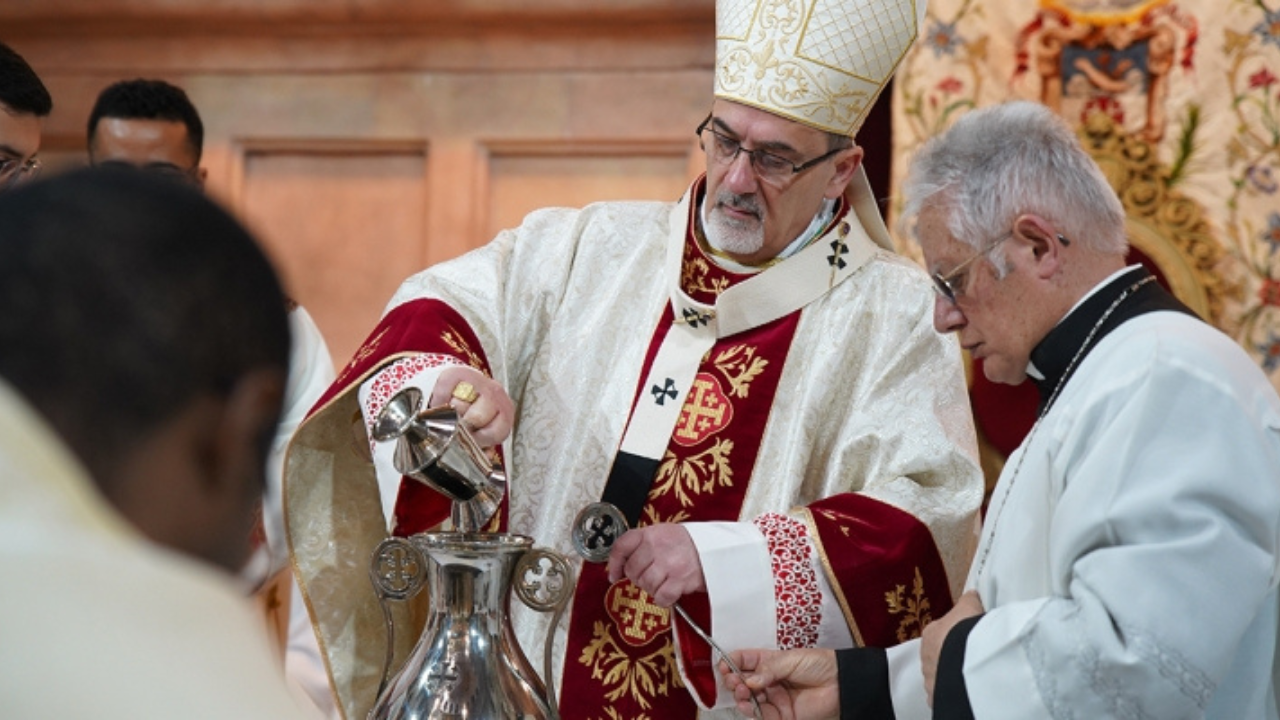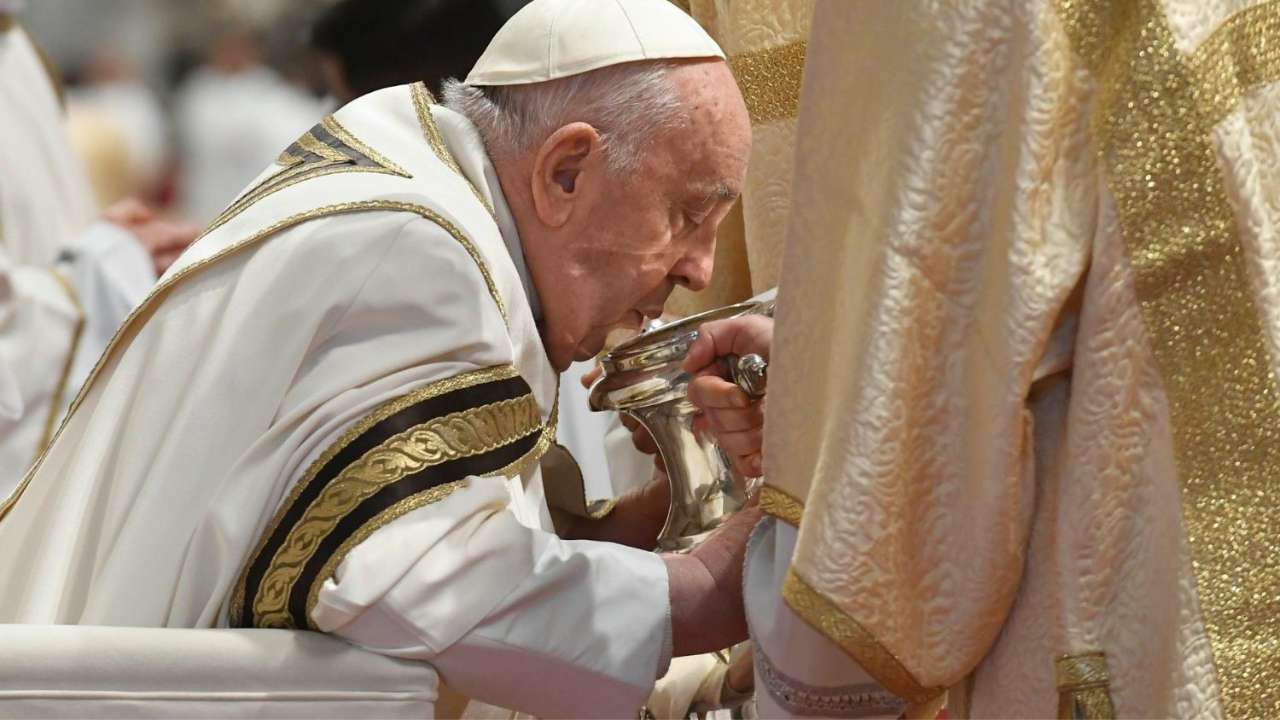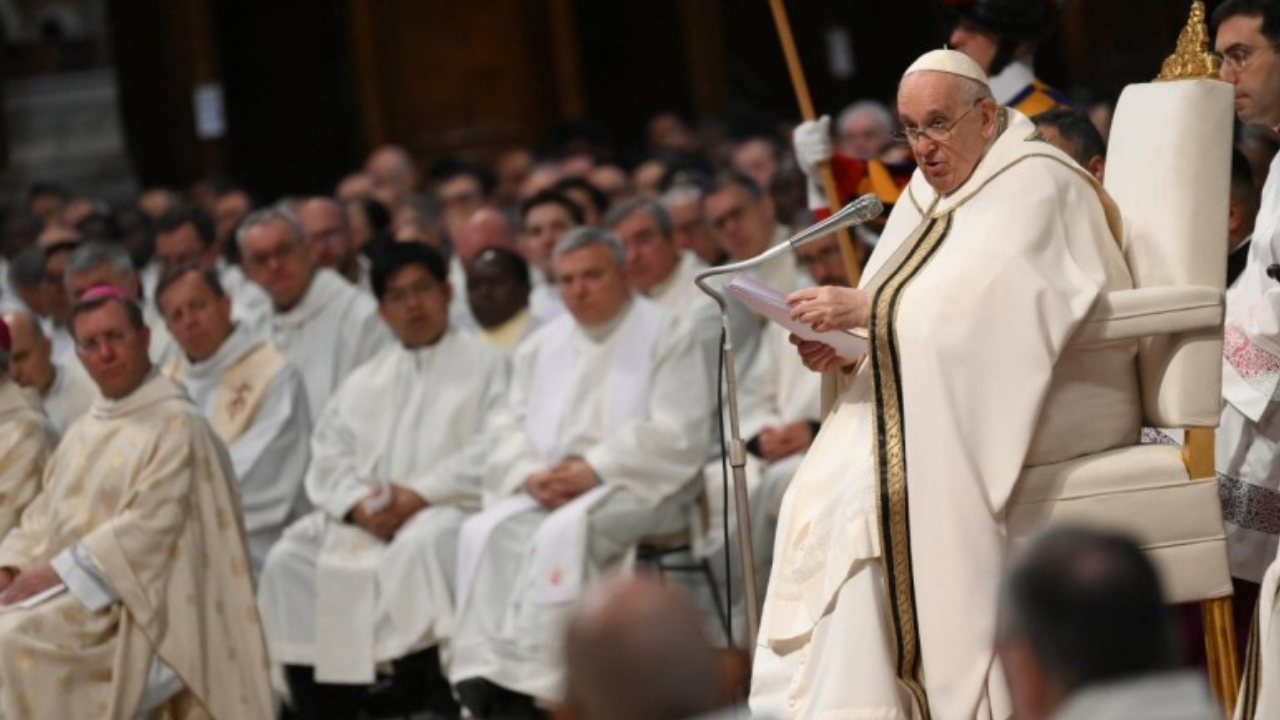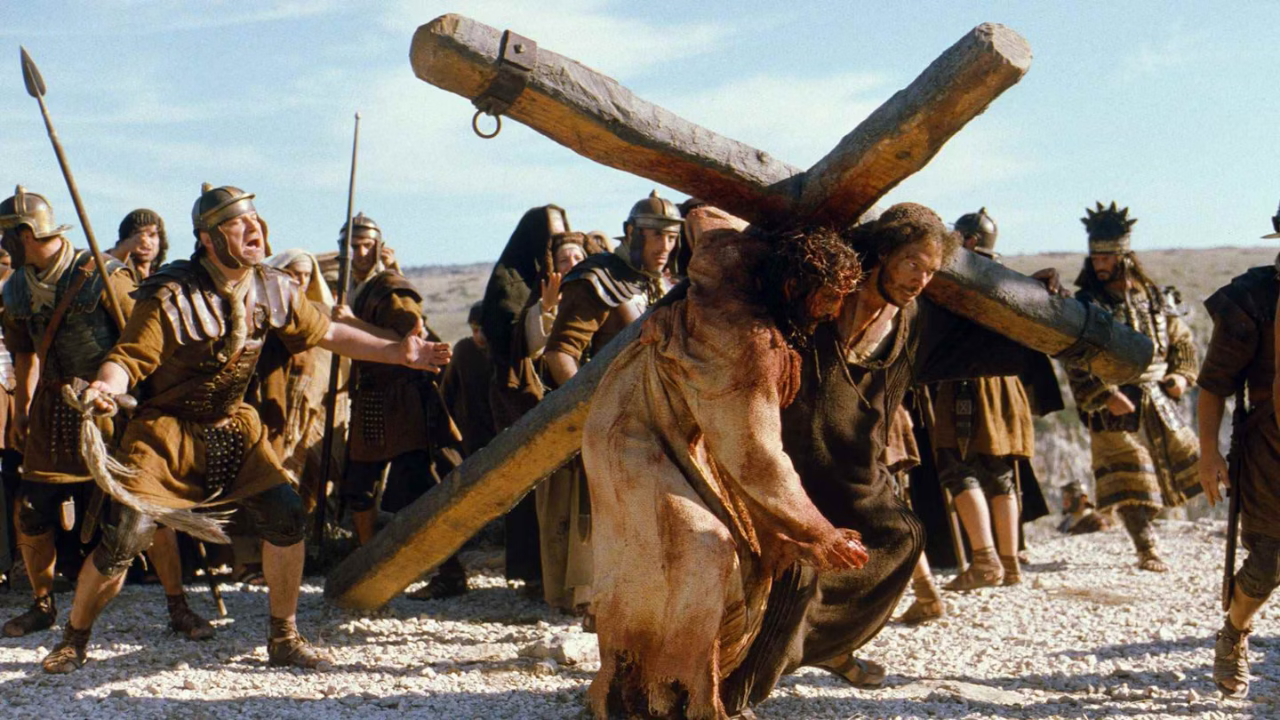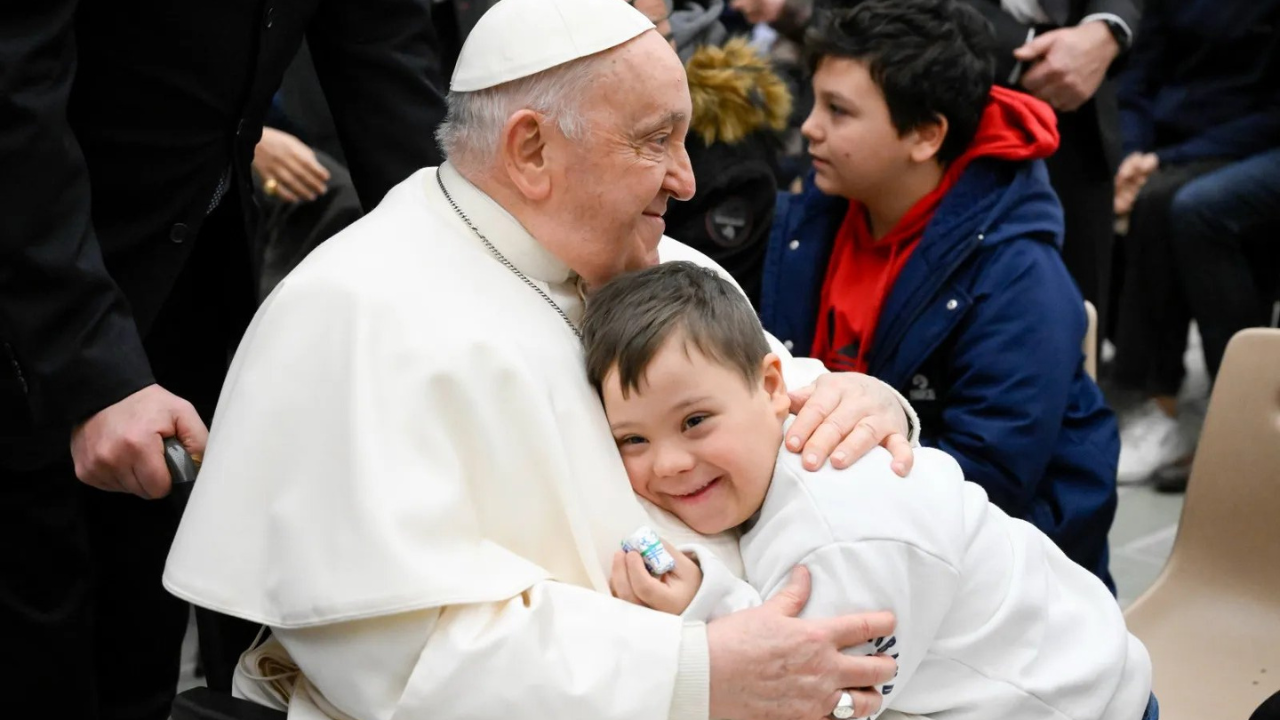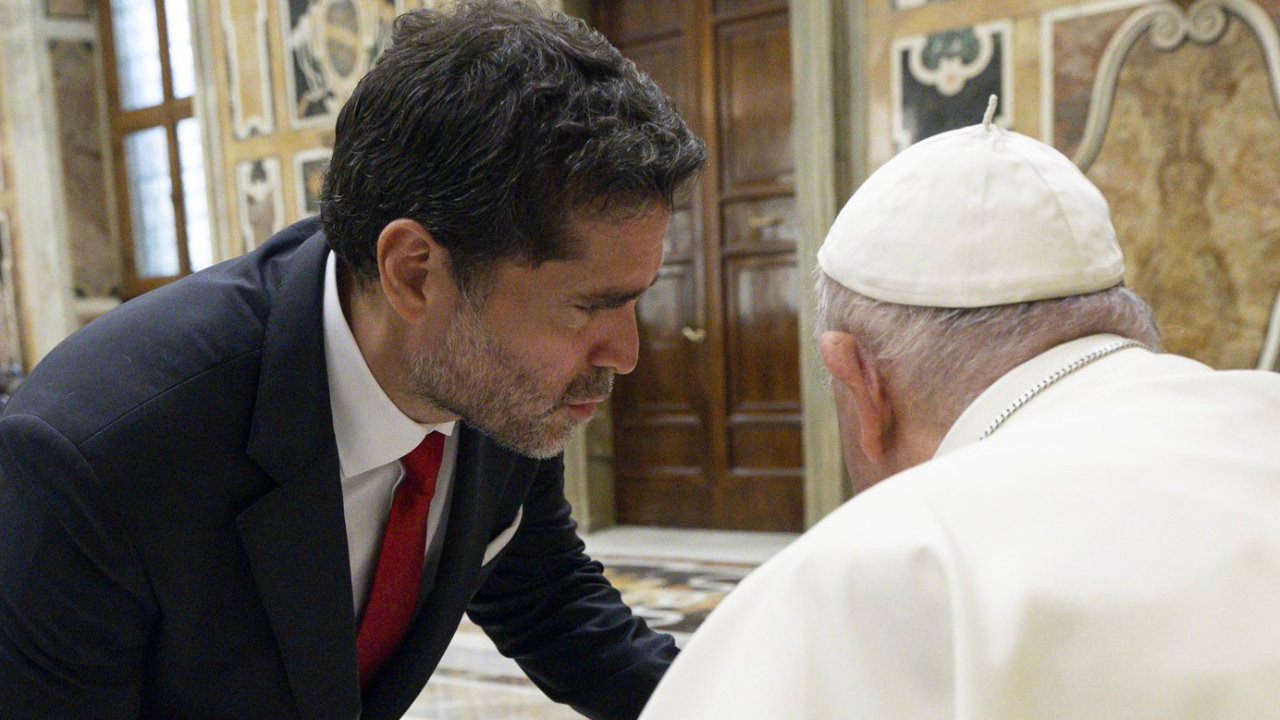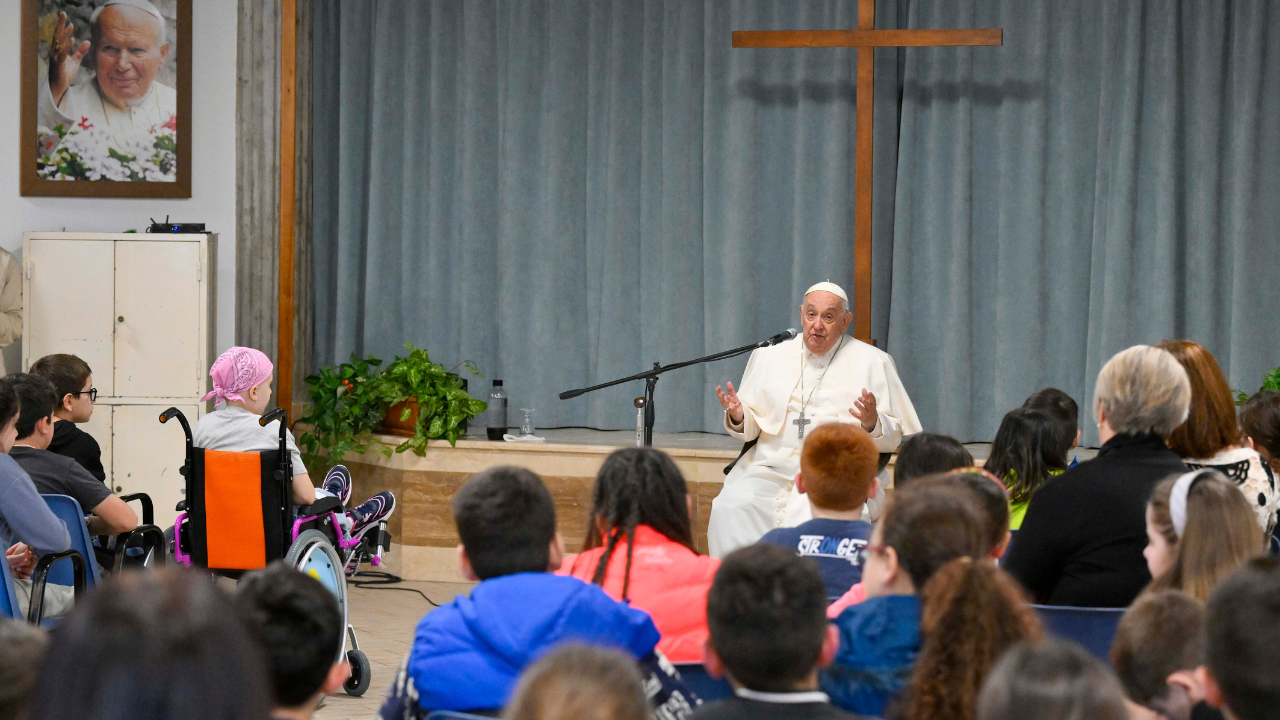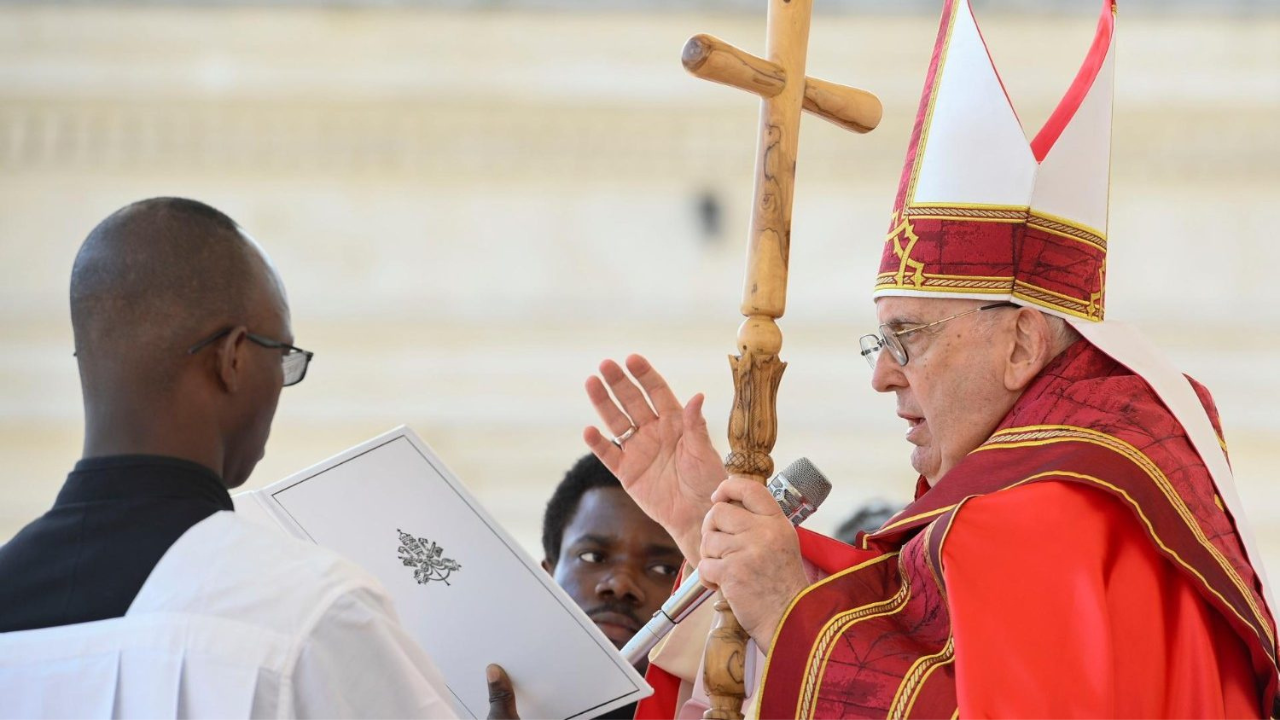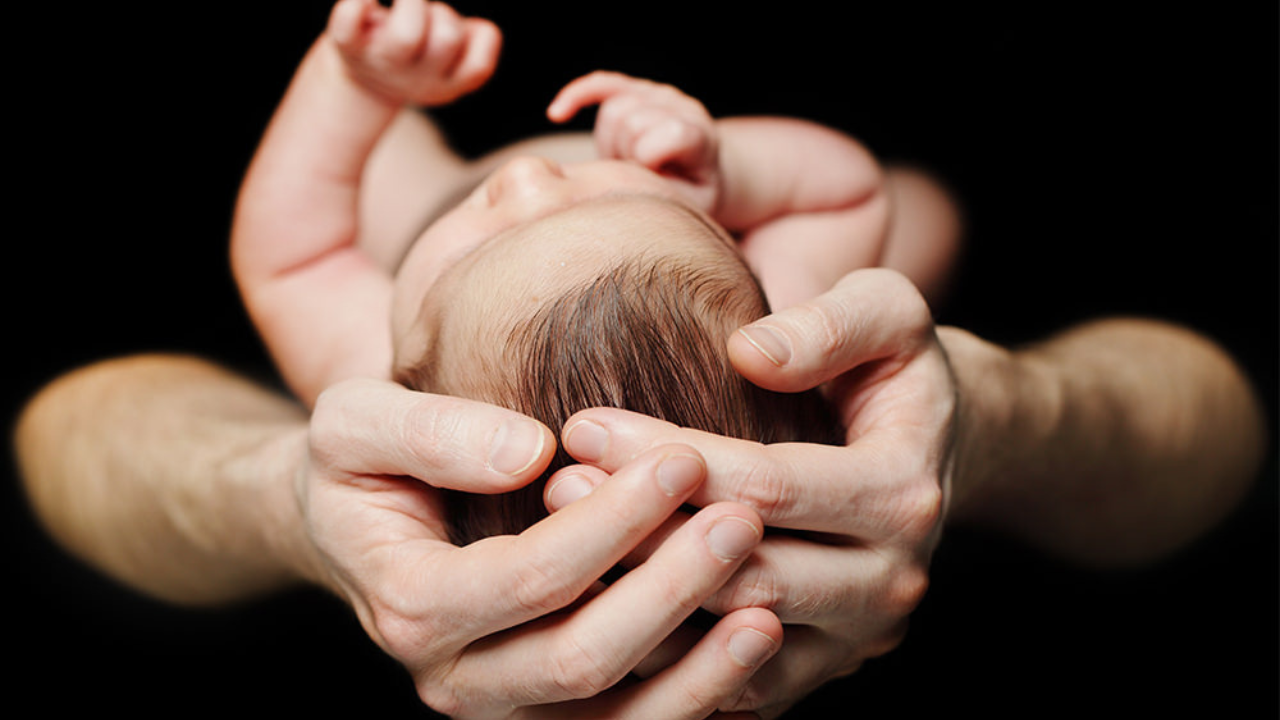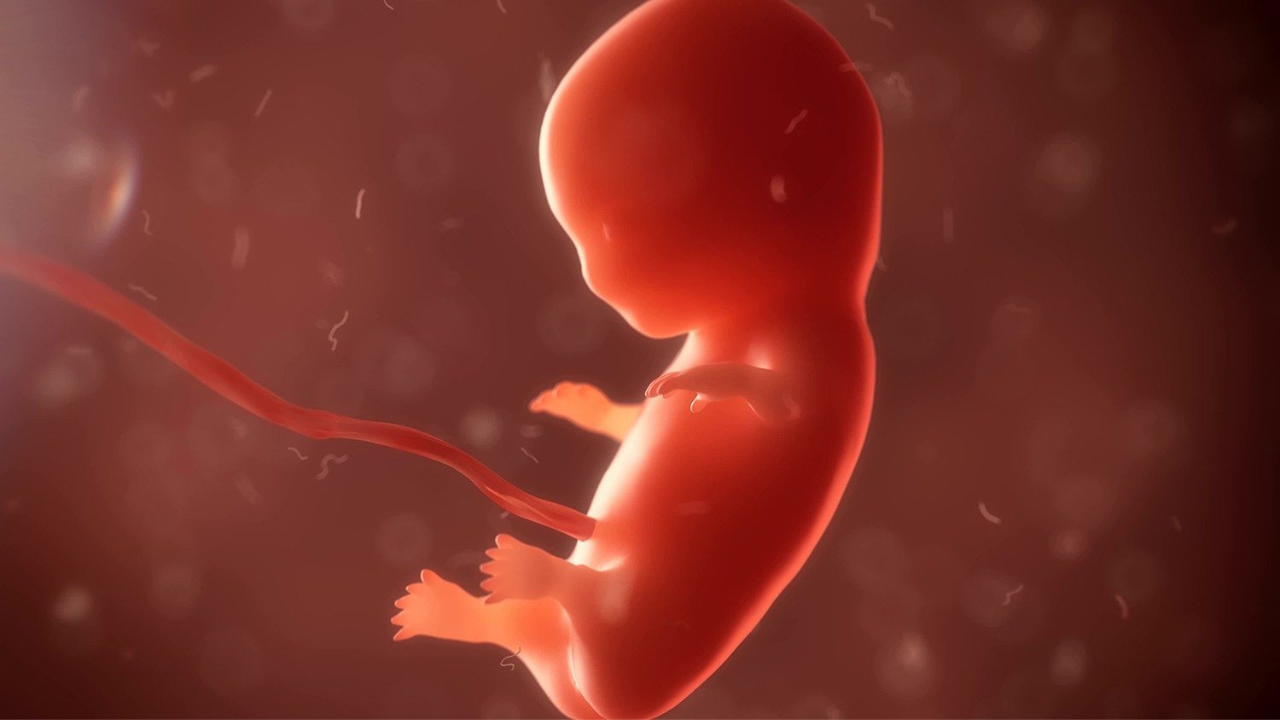The Easter Egg might be a more commercialized tradition now, but its roots date all the way back to the first Easter.
ROBERT PHILLIPS
NAC Seminarian, Archdiocese of Savannah, GA
“The Easter Egg has a lot of historical symbolism, with the resurrection of Christ, new life, fertility. It's been used in the Church for a very long time, since ancient times. They are associated with the whole Church and really are a symbol of the resurrection. That's why, when we think about them, we think about Easter Sunday.”
So much so, that tradition has it Mary Magdalene started the tradition on the first Easter day. While there is some confusion about the real story, many say she used it to illustrate Christ's resurrection to Emperor Tiberius Caesar in Rome. He exclaimed that Jesus had no more risen than the egg in her hand was red; suddenly, it miraculously turned red to validate her statement.
Thus, began the tradition of dying eggs and even the disciples began to exchange eggs on Easter day to remember this miracle.
FR. MICHAEL BAGGOT
Theology Professor, Christendom College
“This is a wonderful tradition that Christian families can continue today, especially by incorporating ancient Christian symbols that we see in the catacombs or other great pieces of Church architecture onto the eggs, so that even children can learn the deeper meaning of these Christian symbols.”
So this year, instead of all the colorful eggs, maybe it's be best to dye the Easter eggs red, as a symbol of this miracle that took place about 2,000 years ago.


